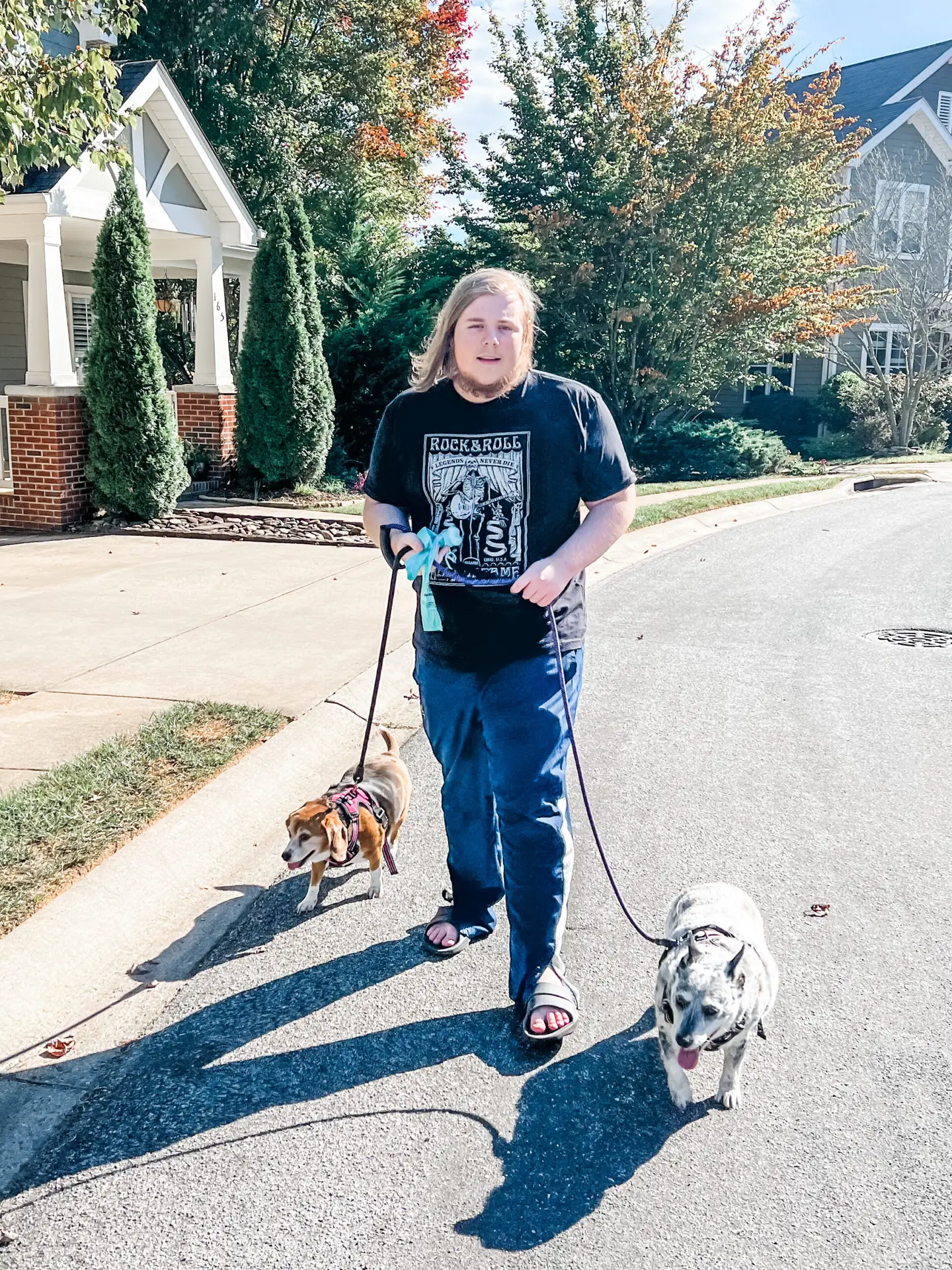Get some clarity.
This isn’t junk mail… this is life mail. These are strategies for your real life. My newsletter, Clarity, gets delivered to over 30,000 people each week to help them get clear on how to be the parent your neurodivergent kid needs. I’d love to help you, too. Subscribe now, it’s free.








Luke, I appreciated your personal insights during the 200th episode. You brought a greater understanding of what neurodiverse learners experience.
Thanks for sharing,
Nicole
This episode made me cry like 5 times in a good way. We have so far and have so much more work to be done to understand our brains before ‘Singularity' takes over at least!
😭☺️🥰🥺😓😂😂😄
I wanted to share
ADHD Movie of the century…
Ron's Gone Wrong
basically he's a friend bot that's not connected to the internet like “all the other bots” and only has 4% of updates…. only has a vocabulary of “A” lol …